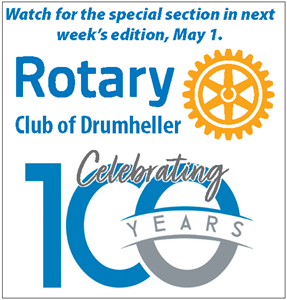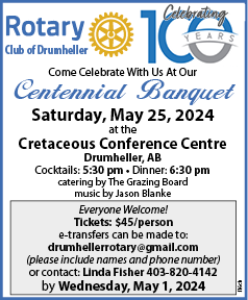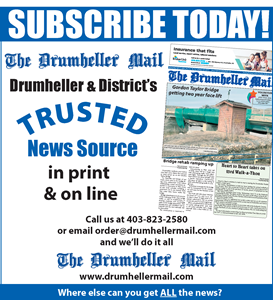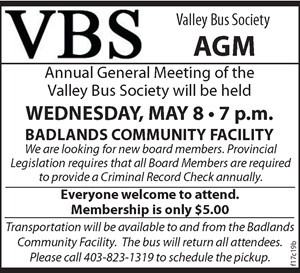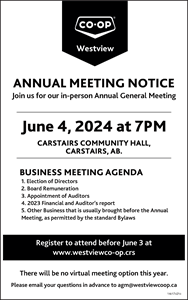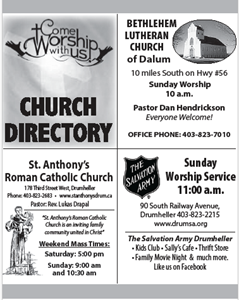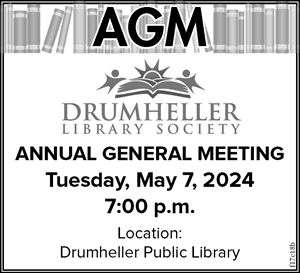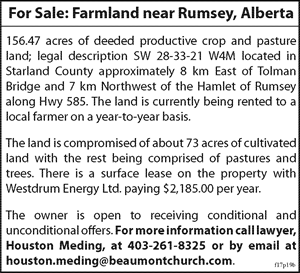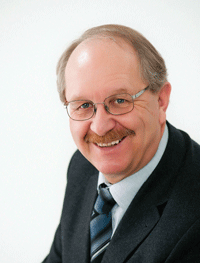
The recent Provincial Election saw a change in the political landscape of Alberta. While new MLAs are getting acquainted with their role in the Legislature, community leaders are figuring out how to do business with their new representatives.
For many years, cabinet ministers in the ruling party have represented the riding of Drumheller-Stettler. The landscape shifted as many voters throughout Southern Alberta found a fresh new voice in the Wild Rose Party. Mayor Terry Yemen recognizes the change.
“Before we had an MLA and he had direct ties back to the purse strings, and we don’t now,” said Yemen. “But our MLA (Rick Strankman) has reached out, we have had a couple lengthy discussions with him, and I do have his ear. We have Pat Turnbull in the valley who is his executive assistant in the valley and that’s good for us.”
He said they may have to approach lobbying with different tactics.
“One of the things we are going to have to do differently, and we have already discussed it with Strankman, and he understands, where before when we had a specific issue we wrote directly to Jack Hayden and it was CC’ed to the ministers, now we are going to be writing to that responsible minister and the CC will be to our MLA,” said Yemen.
The landscape has significantly changed for Canadian Badlands. The organization has 64 member municipalities throughout southeastern Alberta.
“The result of the election has certainly presented a new picture for all of Alberta and that includes the Canadian Badlands,” said Canadian Badlands executive director Bob Davis. “Almost the entire region, with the exception of Lethbridge is now represented by Wild Rose members.”
He said this is a key time to spread the message of the Canadian Badlands and share what they do.
“One of the things that Canadian Badlands is looking forward to is meeting with and talking to the Wild Rose MLAs to share with them what an extensive and positive effort has been around southeastern Alberta. There are 64 municipalities all working together toward tourism development,” said Davis. "We think that is a really good story to share with our political representatives, no matter what party they are from.”
He said they also have to lobby the sitting government.
“While we are getting to know our Wild Rose MLAs who are from the area, there will then be the next level of communication to the new PC MLAs who are in the rest of Alberta, and especially our new minister and a Premier who will also allow for there to be a strong tourism development throughout Alberta,” said Davis. “Education doesn’t just stop with our MLAs it has to extend to cabinet and any decision makers that might affect tourism.”
“It is not just the tourism minister either. For example, The Canadian Badlands knows the Minister of Transportation has an affect on tourism…So park development, road development, tourism marketing, there is a lot of influencers on this area that remain in cabinet and in the governing party that we have to work hard to get to know and they have to get to know us.”
CAO of Starland County Ross Rawlusyk recognizes the political landscape has changed.
“Since I have been here we have always had a cabinet minster, and now we don’t. It will be different I think, but we will have to work within the framework we have,” said Rawlusyk.
“The thing that concerns me more than anything is for as many years as I have been involved with government, this is the first time I recall that Calgary and Edmonton have more or less voted en masse and basically have a majority. On the face of it to me it almost looks as if we have an urban based government and when you are a rural community, that creates a lot of angst.”
He adds that may play into favour of rural communities as the government tries to win some of their lost seats back.
Strategies may change; Rawlusyk said they might look more to lobby groups they have a membership in such as the AAMD&C to work on policy, and even that may not have the same teeth.
“They (the AAM&C) have two full zones; their south zone and their central zone that don’t have a government member at all,” said Ross Rawlusyk. “Organizations like that are trying to figure out that very thing. How do you still have an effective ear of the government when you have a rural minority?”



